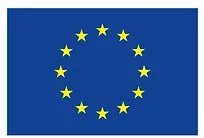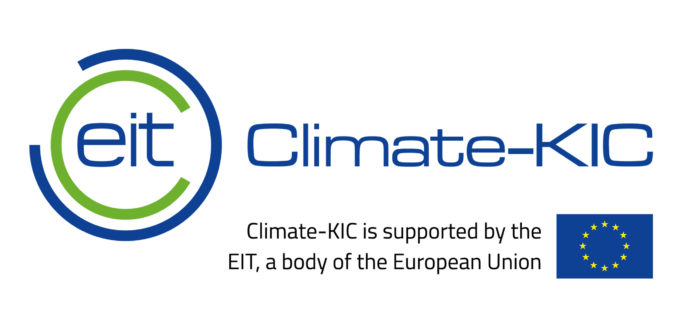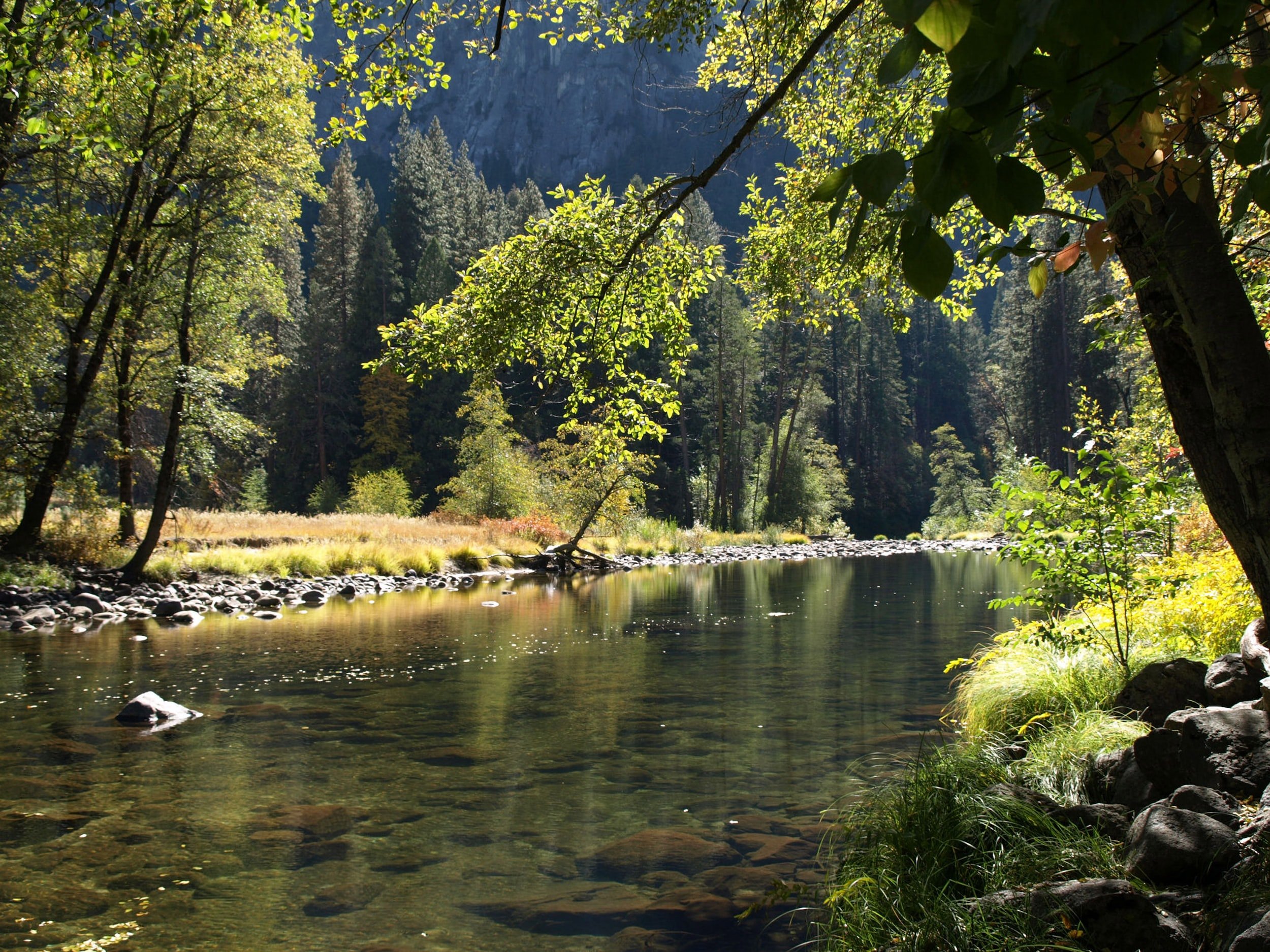
Rexus
Managing resilient nexus systems through participatory system dynamics models.

PRIMA programme funded by the European Union's Horizon 2020 research and innovation programme.
Water infrastructure.
Sanitation and water treatment.
New technologies.
UPV, UADA, BRGM, CIRAD, UMI, ISEG, UAI, VNA
Finished February 2024
According to the FAO, almost 40% of the world’s irrigated area depends on groundwater. Excessive use of groundwater has led to widespread depletion of groundwater reserves resulting in the depletion and degradation of aquifers.
The impacts of climate change on water resources in Southern Europe and North Africa include a decrease in precipitation, which will negatively affect groundwater bodies, food security, soil sustainability and the reduction of fertile land available for food production.
We lead this package which aims to frame the project from the outset on how to define and incorporate citizen science and enhanced information systems (EIS) into innovative collective action and decision-making for groundwater policy. This work package clarifies the potential needs and demands for the innovative approach the project will develop, the options available, success stories and barriers.
According to the FAO, almost 40% of the world’s irrigated area depends on groundwater. Excessive use of groundwater has led to widespread depletion of groundwater reserves resulting in the depletion and degradation of aquifers.
The impacts of climate change on water resources in Southern Europe and North Africa include a decrease in precipitation, which will negatively affect groundwater bodies, food security, soil sustainability and the reduction of fertile land available for food production.
The main objective of eGROUNDWATER is to support participatory and sustainable groundwater management in Mediterranean regions by designing, testing and evaluating innovative EISs that integrate citizen science and ICT-based tools to improve the understanding of groundwater systems and engage users, researchers and managers in the co-development of sustainable and effective groundwater management strategies.

PRIMA programme funded by the European Union's Horizon 2020 research and innovation programme.
Water infrastructure.
Sanitation and water treatment.
New technologies.
UPV, UADA, BRGM, CIRAD, UMI, ISEG, UAI, VNA
Finishes in September 2024
We lead this package which aims to frame the project from the outset on how to define and incorporate citizen science and enhanced information systems (EIS) into innovative collective action and decision-making for groundwater policy. This work package clarifies the potential needs and demands for the innovative approach the project will develop, the options available, success stories and barriers.
eGROUNDWATER has 4 case studies in different countries (Morocco, Portugal, Algeria and Spain). In these countries, the following steps will be followed to reach the main objective of the project.
Evaluate information systems.
Develop ICT-based tools.
Improve modelling tools.
Design participatory management strategies.
Analyse socio-economic impacts.
Assessing institutional transition.
Applying the tool in PRIMA-PS countries




Managing resilient nexus systems through participatory system dynamics models.

Automated solutions for the sustainable and circular management of construction and demolition waste.

European Innovation Action Group on River Restoration